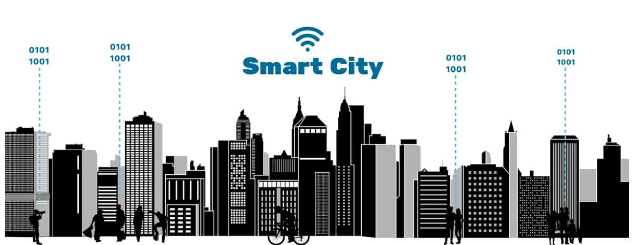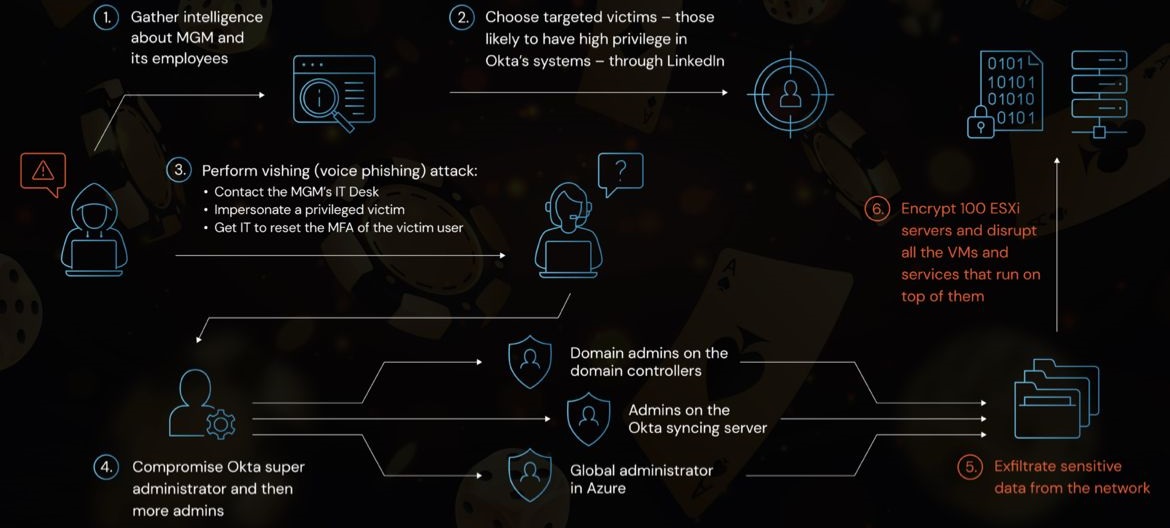
As cities around the world embrace digital transformation, the concept of smart cities has emerged as a solution to improve efficiency, sustainability, and quality of life for residents. Smart cities leverage interconnected technologies, including sensors, networks, and data analytics, to enhance various aspects of urban life, from transportation and energy management to healthcare and public safety.
However, alongside these advancements comes an increased risk of cyber threats and vulnerabilities. This article explores the critical importance of securing smart cities, identifies potential cybersecurity risks, and provides comprehensive insights into addressing these challenges.
Understanding the Risks
Smart cities encompass a vast network of interconnected devices and systems, creating numerous potential entry points for cyberattacks. These risks include:
a. Infrastructure Vulnerabilities: Smart cities rely on interconnected physical infrastructure, such as transportation systems, power grids, and water supply networks. Any breach in these systems can have severe consequences, leading to disruptions, economic losses, and public safety concerns.
b. Data Privacy and Protection: The extensive collection and analysis of data in smart cities raise concerns about privacy and protection. Citizens' personal information, such as health records or transportation patterns, must be adequately safeguarded to prevent misuse or unauthorized access.
c. Internet of Things (IoT) Devices: Smart cities heavily rely on IoT devices, which are often vulnerable to exploitation due to weak security controls. Unauthorized access to these devices can lead to data breaches, service disruptions, or even physical harm if critical systems are compromised.
d. Distributed Denial of Service (DDoS) Attacks: Smart city networks are susceptible to DDoS attacks, where a massive influx of traffic overwhelms the system, rendering it inaccessible. Such attacks can paralyze essential services, impacting public safety and citizen trust.
Strengthening Cybersecurity
To ensure the security and resilience of smart cities, comprehensive measures must be implemented. Here are some key steps to address cybersecurity risks:
a. Collaborative Governance: Effective cybersecurity in smart cities requires collaboration among government entities, private organizations, and citizens. Establishing governance structures that facilitate information sharing, coordination, and joint response efforts is crucial.
b. Robust Network Security: Smart city networks must be protected through encryption, secure authentication, and regular vulnerability assessments. Firewalls, intrusion detection systems, and network segmentation can help isolate critical infrastructure and limit the potential impact of breaches.
c. Secure IoT Deployment: Implementing rigorous security standards for IoT devices is essential. These standards should include strong authentication, secure firmware updates, and the use of encryption protocols to protect data in transit and at rest.
d. Data Protection and Privacy: Smart city initiatives should prioritize privacy by implementing stringent data protection policies, anonymization techniques, and secure data storage practices. Clear consent mechanisms and transparency in data handling should be established to build trust with citizens.
e. Incident Response and Recovery: Establishing a robust incident response plan is crucial to minimize the impact of cyber incidents. This plan should include procedures for identifying, containing, and recovering from attacks, as well as communication protocols to inform stakeholders and the public.
f. Public Awareness and Education: Educating citizens about cybersecurity risks and best practices is vital. Awareness campaigns can help individuals understand their role in maintaining a secure smart city environment, such as regularly updating software, using strong passwords, and being cautious of suspicious communications.
Case Studies and Best Practices
Examining successful implementations and best practices can offer valuable insights into securing smart cities. Examples include:
a. Singapore: Singapore has made significant investments in smart city infrastructure, including cybersecurity. The city-state implemented the Smart Nation Sensor Platform, which utilizes advanced analytics to identify potential cyber threats and vulnerabilities. Public-private partnerships have also been crucial in building a resilient cybersecurity ecosystem.
b. Barcelona: Barcelona has prioritized data privacy and protection through its "Decidim" platform. This initiative ensures that citizens have control over their data and can participate in decision-making processes regarding its use. Barcelona has also established a dedicated cybersecurity center to monitor threats and respond effectively.
Conclusion
As smart cities continue to evolve, addressing cybersecurity risks becomes paramount. By understanding the potential vulnerabilities and implementing comprehensive measures, cities can mitigate threats, protect critical infrastructure, and safeguard citizen data. Collaboration, robust network security, secure IoT deployment, and public awareness are key components of a successful cybersecurity strategy. By adopting these measures, cities can embrace the benefits of digitalization while ensuring the safety and resilience of their smart environments.


